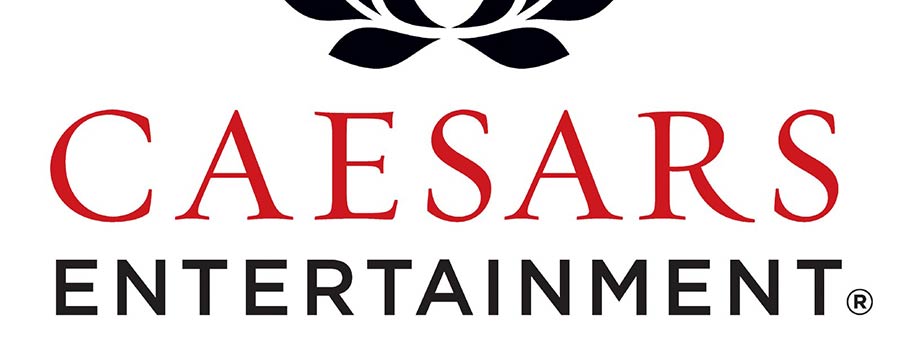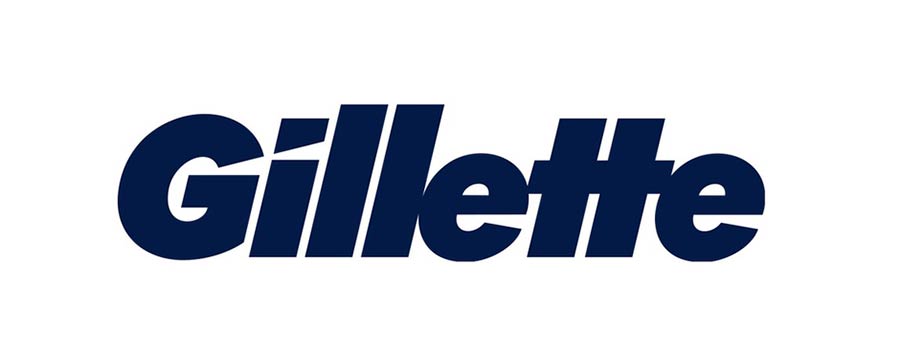The last week of 2017 has been abuzz with activity especially in the world of crypto. Amidst bitcoin’s crazy price fluctuations as well as the launch of several ICO’s, Thailand also made headlines when the country’s government announced that its major regulators would be teaming up in a bid to educate the people about bitcoin. While this is primarily motivated by their not so subtle worry and speculation of the possibility that bitcoin could be a Ponzi scheme, it is quite clear that the project will go a long way in helping people not to drown in the bitcoin frenzy. At the moment, bitcoin is not a legal tender in Thailand and its central bank issued reminders on the same – however, it should get better soon considering the tremendous efforts that Thailand has been putting into grappling with financial technology through various regulations.
Thailand is among the world’s top twenty economies, an achievement that was made possible by the outstanding GDP it quietly racked up over the years. The country is well on its way to becoming the fintech hub of its region – in fact, this is an official government policy. In the fall, its Securities and Exchange Commission sought out public guidance to assist their efforts to manage initial coin offerings. While this might seem like a move that seeks to choke out innovation, the true intention was to protect Thai citizens from the myriad of scams that have flooded the internet ever since the onset of the cryptocurrency hysteria.
Prime Minister Prayut Chan-o-cha reportedly wants to “educate people about the risks of bitcoin investment after the recent sharp surge in bitcoin’s trading value prompted him to worry that Thais would fall victim to cryptocurrency speculation.” Somchai Sujjapongse, a representative of Thailand’s Finance Ministry will see to this by joining forces with other authorities to educate people about bitcoin. Thais are quite eager to participate in the booming Bitcoin business as indicated by exchange volumes in the country that are at par with global trends.
According to Thai media, “There are 37 bitcoin brokers in Thailand registered on LocalBitcoins, some with more than 1,000 bitcoins in assets. Prices for bitcoin are about 13% higher in Thailand than in the US, a sign of high demand for this cryptocurrency.”
Still, we will just have to wait and see how this goes in 2018. Happy new year!










